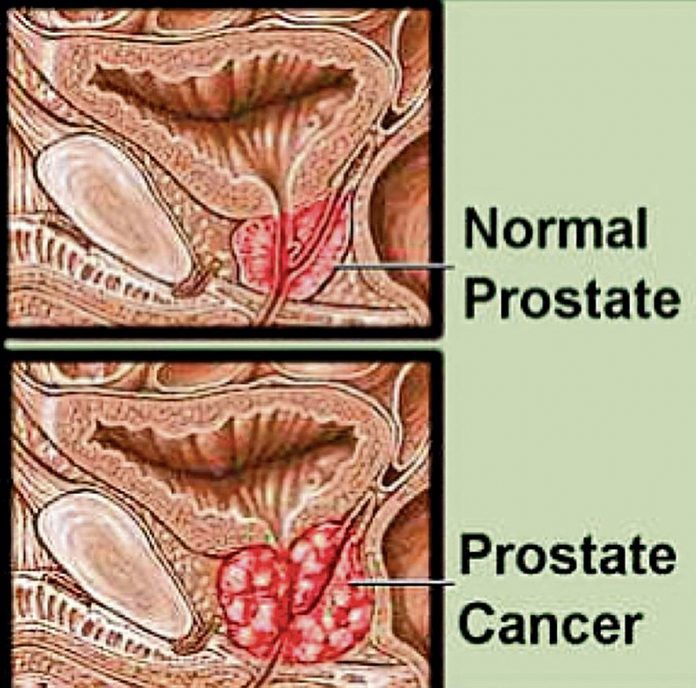The National Library of Medicine estimates that 13% of men’s cancer-related deaths in South Africa are caused by prostate cancer.
It also revealed that prostate cancer incidence is disproportionately higher in black men in South Africa due to their higher inherited risk than in men of other races.
Head of Janssen South Africa’s medical affairs, Vanessa Snow, told Sunday World that more attention should be paid to men’s healthcare because gender differences indicate that men are more likely than women to experience a range of medical conditions.
“Men are less likely than women to visit the doctor, and this means that preventable conditions are often caught too late for effective intervention,” Snow said.
Challenges that men battle with
Challenges that men are most likely to encounter include diabetes, cardiovascular disease, and cancers of the prostate, testicles, and colon.
“Then, there’s also alopecia, hypertension, high cholesterol, incontinence, urinary tract infections, and issues with sexual performance.”
Snow noted that prostate cancer must be identified as early as possible, as it frequently offers a 100% recovery rate measured at a five-year survival milestone.
According to statistics, South Africa has seen cases of prostate cancer rise by almost 50% between 2007 and 2018.
“It remains the most common cancer among men, and 2018 figures suggest an increase of more than 50% in a decade, from 2007, to 68 men per population segment of 100 000,” according to Snow.
As men approach 70, almost 70% of them will encounter prostate cancer in some form or another, she noted.
Symptoms and risk factors
Symptoms of prostate cancer include frequent nighttime urination, difficulty initiating or stopping urination, weak or interrupted flow, pain during urination or ejaculation, and blood in urine or semen.
Risk factors include age, ethnicity, family history, obesity, and certain dietary habits.
She explained: “A healthy diet rich in fruit and vegetables, weight management, and reduced intake of red meat and high-fat dairy can lower risk.
“While treatment options include surgery, radiation therapy, and hormone therapy, in some cases, a combination of treatments may be used.
”A culture that supports regular health check-ups and open conversations about health concerns can significantly improve outcomes for men across the spectrum of diseases, particularly in conditions like prostate cancer, where early detection is paramount.



